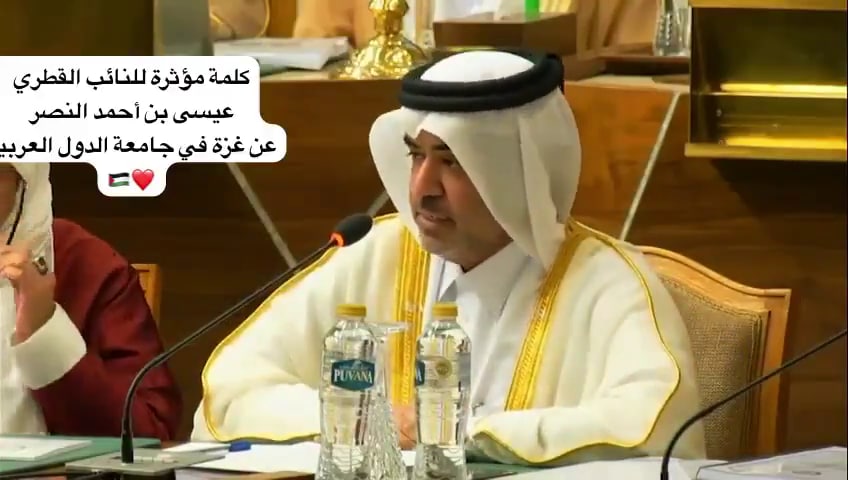
Former Egyptian diplomat and director of the Bibliotheca Alexandrina, Dr. Mostafa El Feki said that Israel could use its influence with Addis Ababa to "change the situation" with the Renaissance Dam, unless it has a secret agreement to get water from the Nile, not through Egypt. He made his remarks in an interview that aired on MBC Masr (Saudi Arabia/Egypt) on July 14, 2021. Dr. El Feki continued to say that if Israel decided to support Egypt in the issue of the GERD, this would influence the American and Russian positions as well. He agreed with the interviewer who said that Israel was responsible for the fact that there were never any results from ten years of negotiations with Ethiopia. In an interview that aired on the same channel on July 7, 2021, Dr. El Feki said that Egypt has other cards to use in order to solve the GERD crisis, one of which is the Seuz Canal, and if Ethiopia withholds water from Egypt, that would constitute a casus belli. He further said that according to the 1888 Convention of Constantinople, if a country is at war with Egypt, Egypt has the right to stop that country's ships from passing through the Suez Canal.
Dr. Mostafa El Feki: "To some extent, we can have a different response. We have other cards [up our sleeves] – the [Ethiopians] have the Renaissance Dam, but we have the Suez Canal, through which all the international trade passes. 'Let it fall on me and my enemies.' They want to withhold water from us."
Interviewer: "This constitutes a casus belli."
El Feki: "Exactly. The Convention of Constantinople [1888] states that if a country is at war with Egypt, Egypt can search and stop ships that come from or go to that country from passing through the Suez Canal.
[...]
"I am asking Egypt to use all its influence in the region and all the cards up its sleeve to resolve this problem."
Interviewer: "This is what is happening."
El Feki: "No."
Interviewer: "How come?"
El Feki: "We have cards that we haven't used yet. Some countries in the region can exert intense pressure on Ethiopia, and they haven't done so. This is my first point. By the way, I am not talking about Arab countries. No."
Interviewer: "Israel is part of the problem."
El Feki: "But what made it part of the problem? We can say [to Israel]: There is a peace agreement between us, and we have never breached it, despite all of your provocations. How can you help a country [like Ethiopia]?
[...]
"The peace agreement states that both sides should refrain from hostile actions against each other. Why have [the Israelis] agreed to support [the Ethiopians] in the Renaissance Dam? They deny it and say that they have nothing to do with it. We are familiar with this kind of talk. But they could have used their influence with Addis Ababa – and they still can – in order to change the situation – unless there are secret agreements, the purpose of which is to get water from the Nile to Israel and not through Egypt."
Interviewer: "These are very old scenarios."
El Feki: "Old and disturbing.
[...]
"If Israel is persuaded to support Egypt on the issue of the Renaissance Dam, the American position will change. Moreover, the Russian position will change as well. We are not aware of the extent of indirect influence that Israel has on international forces that make decisions."
Interviewer: "So, if we have been negotiating [with Ethiopia] for ten years without results, then Israel is responsible for that?"
El Feki: "Exactly."













